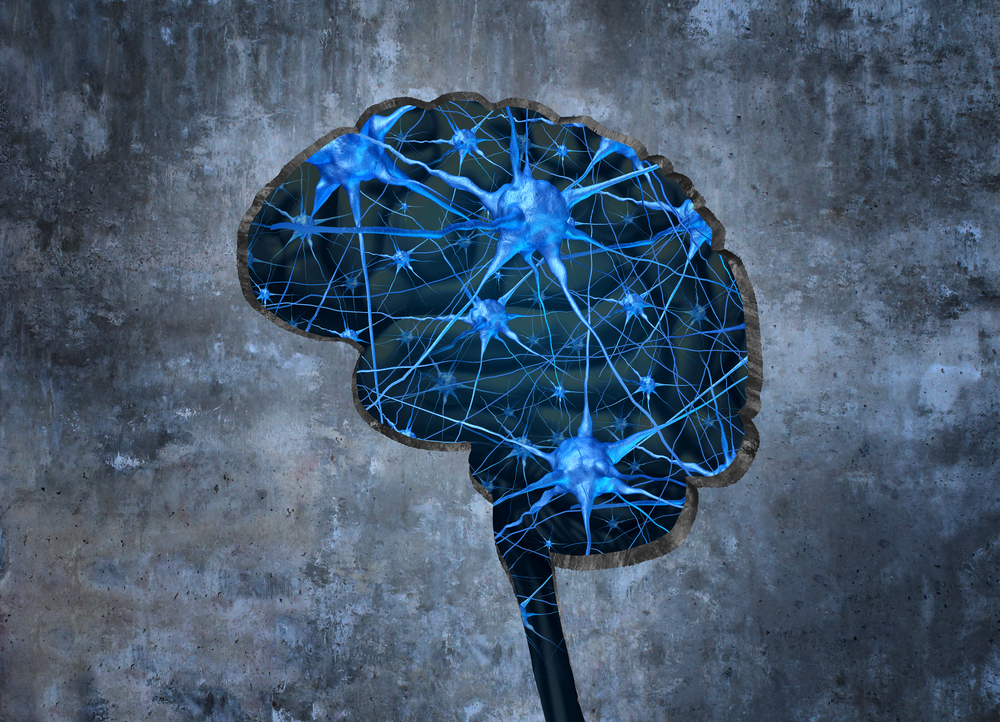ApoE4 Protein, Common in Alzheimer’s Patients, May Work to Impair Memory Formation
Written by |

The major genetic risk factor for Alzheimer’s disease (AD), the apolipoprotein E4 gene, is responsible for the disruption of a particular type of brain activity required for memory consolidation, according to the study “Apolipoprotein E4 Causes Age-Dependent Disruption of Slow Gamma Oscillations during Hippocampal Sharp-Wave Ripples,” published in the journal Neuron.
AD, one of the most common diseases among aging populations, is characterized by a progressive disruption in memory function. The hippocampus, a brain structure critical for learning and memory processes, is one of the first sites were AD pathology is detected, but it is not clear how the genetic and cellular pathologies of AD disrupt this area of the brain.
The apoE4 protein, a protein involved in lipid metabolism, is present in about 65-80 percent of patients with Azheimer’s and is known to lower the age of AD onset in a gene dose-dependent manner. The mechanisms through which apoE4 causes AD pathogenesis, however, were not known.
Researchers at the Gladstone Institutes in California inserted the human apoE4 gene into mice. Researchers found that this protein was able to change the activity of neurons in the hippocampus, leading to the age-dependent learning and memory impairments seen in AD patients. Particularly, apoE4 decreased sharp wave ripples and coincident slow gamma activity, two types of brain activity involved in memory formation. During the ripples, previous experiences are replayed a number of times to preserve their memory. Slow gamma activity makes sure that the replay of these memories during the ripples is accurate.
“When we experience something new, cells in the hippocampus fire in a particular order. Later, these same cells fire over and over again in the same order to replay the event, which helps consolidate the memory so we don’t forget it,” Anna Gillespie, PhD, the study’s first author and a former graduate student in the Huang lab at Gladstone, said in a press release. “Slow gamma activity that occurs during the ripples organizes the firing of these cells. If this activity is disrupted, the playback will be disorganized, compromising the memory.”
To understand how the differences in neuron activity could affect the mice’s ability to create memories, the investigators eliminated apoE4 from the inhibitory neurons in the hippocampus, while keeping apoE4 expression in the remaining mice cells. Earlier research has shown these mice to be protected from learning and memory impairment. Their results demonstrated that mice had fewer ripples but normal slow gamma activity, suggesting that the coordination of cell firing during memory replay that is regulated by the slow gamma factor has a critical role in memory formation.
“Our research suggests that disrupted slow gamma activity during ripples is a major consequence of apoE4 expression that likely impairs memory consolidation,” said Yadong Huang, MD, PhD, the study’s senior author and a senior investigator at Gladstone. “With this knowledge, we can now work toward correcting or restoring slow gamma activity in the hippocampus to prevent or alleviate memory loss in Alzheimer’s disease.”





